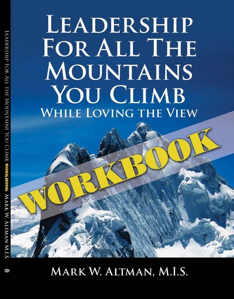Americans have always been a nomadic people, ever since our ancestors came here from divergent places around the world. We still move on average, every five years. Largely, our moves are driven by the economy, mirroring our career moves. Sometimes we move due to divorce, and sometimes moving is a catalyst for divorce. Summertime is the most common time of year for moving, partly because kids are out of school and the weather is good.
Recently I was asked to help someone move their things out of a rental property they sold. The day was difficult because they were not prepared for the help when it arrived, and didn’t have a plan. To be fair, moving is a stressful time and almost never goes as you envision or hope it will.
In the hopes of saving some of you the pain we endured, allow me to make the following suggestions when contemplating a move:
- Don’t do it! Convince everyone else to move where you are. If that sounds like a lot of work, remember the last time you lifted the couch rearranging the living room furniture, only to throw out your back?
- If you are unsuccessful convincing your new company and your family to move near you, then begin by deciding whether you will hire someone to move your stuff, will you do it on your own, or some combination of the two? If you decide to have someone move you, maybe your new employer will be willing to defray some or all of the moving expenses, and often you can claim moving expenses when filing your income taxes. Whatever you decide, make sure you thoroughly investigate the moving company.
- As you begin your plan, start with a timeline of when tasks such as renting a truck, or turning off utilities at your old place and turning them on at the new place, need to happen.
- Make a checklist to help you keep everything straight. It is very unlikely you will remember everything; but in the stress of moving, you may forget something very important without a checklist.
- Make a list of those things you do not want other people to move, those things you don’t want on the main truck because you will need them immediately, or things you are leaving behind.
- Consider a garage sale a few weeks out from your move. You will lessen the amount you have to move and may make a tidy sum at the same time.
- If you are towing a car, make sure your car will fit on the trailer you are renting, and then make sure the towing vehicle can safely pull the loaded trailer. Make sure your car insurance or homeowners insurance will cover you as you are driving the rental truck. If not, consider the rental truck insurance.
- Once you arrive at your new home, consider replacing flooring or painting, if needed, while the home is empty of furniture. While another stressor, you won’t have to move the furniture in and out of the house in the first couple of months.
Moving is something most of us will do several times in our lives, and for most this will never become pleasant; but with some planning and “a little help from our friends”, our move can go smoothly while providing an opportunity for new family adventure. Just don’t attempt it during a Texas summer!







